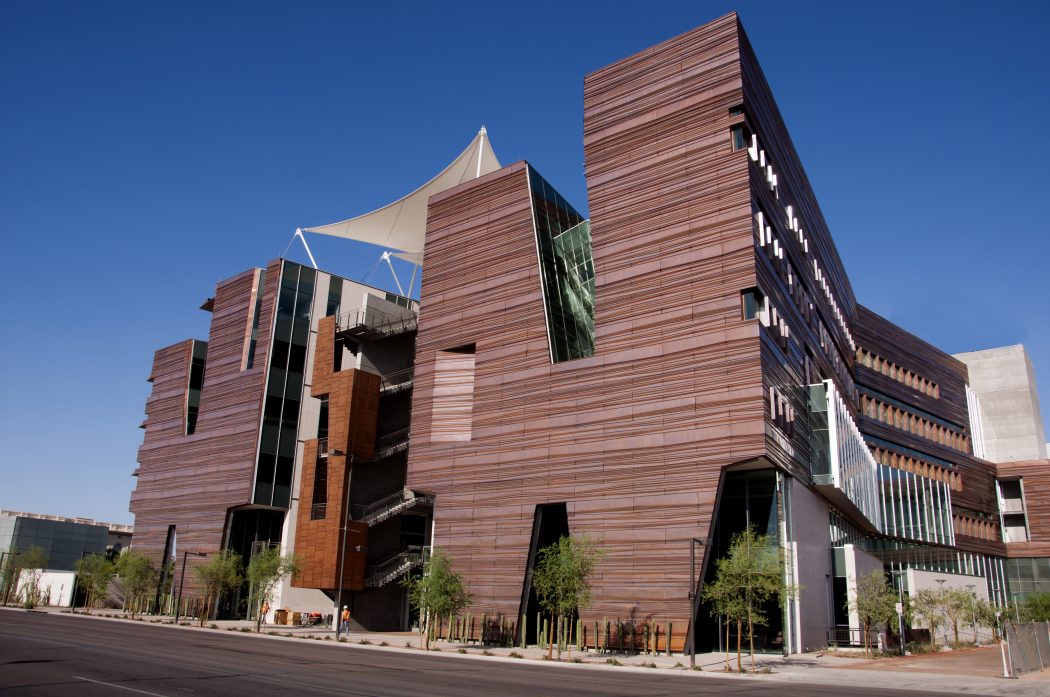The Longitudinal Patient Care (LPC) Course takes places during years three and four of the UA COM-P curriculum. Students are placed in interprofessional teams and are paired with a community mentor. These mentors have chronic medical conditions and volunteer time to spend with their student teams. They share their experiences navigating the healthcare system, how social factors affect their healthcare, and so much more. Below Haig Aintablian writes about his LPC experience and his gratitude for all he learned from his mentor.
The word doctor means many things to many people. But I imagine that to all, it embodies some elements of humility, intellect, and selflessness. In Latin, Doctor means “teacher”, originating from the word “docere”, which means “to teach.” I’d like to thank our LPC mentors, who through their teachings have essentially been our very own doctors, helping us on our way to becoming wholesome and humanitarian physicians in just a few short visits.
It’s incredible to think that my class started LPC just two years ago. We were young and inexperienced medical students back then, eager to take what we had learned in the classroom to the bedside. Most of all we were excited to play the role of student doctor: to see pathology, to make diagnoses, and to comfort the patients we would be seeing in the hospital. Along the way, we would learn many lessons that could not be taught in a lecture hall, and all from people who had experienced them first hand.
These were lessons on the difficulty of finding affordable medications on a tight salary, on the roles of an occupational therapist, a physician’s assistant, a pharmacist, or other member of the medical team. We heard stories about how hiccups during transitions of care would lead to weeks without medications or doctor visits. We obtained insights into the patient-doctor relationship. We realized that taking that extra step with your patient could mean so much more in the comfort of their care. And we learned all this first, from our LPC mentors.
These lessons were honest and real-world problems we would face when advocating for the benefit of our patients. There were so many times where I’d finish a conversation with my mentor thinking “I didn’t know insurance worked like that”, or “How the heck did your provider not try to explain your problem better?”. To me, our LPC mentors gave us a view with an extra angle into both the thoughts of a patient, and the workings of a doctor or other healthcare provider.
Aside from these lessons though, having our mentors alongside our early steps into patient care was, unbeknownst to us, an effective form of stress relief. Whether it was getting us out of busy ward weeks a little early for LPC days, having dinner at our mentor’s house, or simply a humble friend outside of medicine we could speak to for advice, our mentors did more than just teach us – they helped us survive medical school and gave us motivation along the way.
All-in-all, these Mentors would mold us, as young medical students, into full-fledged, wholesome, and humanistic physicians, with lessons on the real-world workings of healthcare that we will use in our practices forever. For that, we cannot be more thankful.
Haig Aintablian is a student at the University of Arizona College of Medicine - Phoenix, Class of 2018, and is originally from Los Angeles, CA. By 21 years of age, Haig obtained his B.A. in Biological Sciences, Summa Cum Laude and his M.S. in Molecular Genetics and Biochemistry from the University of Southern California. He enjoys such weird things as: curling (the sport no one has heard of), collecting meteorites, and metal detecting.


